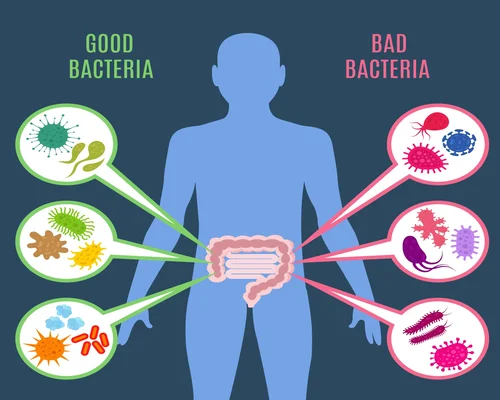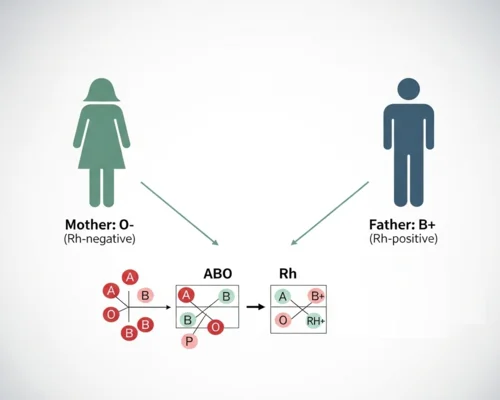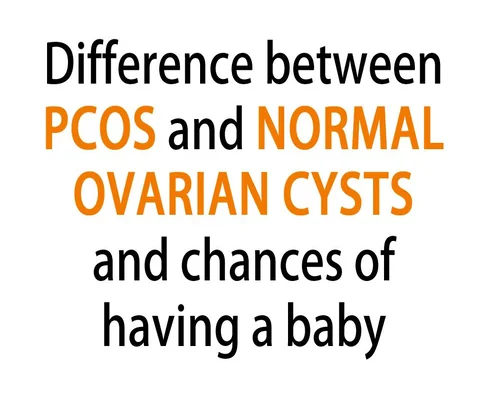
Health Benefits of Edamame
Edamame Benefits
Edamame is a Japanese food. Edamame is a well-known ingredient in Japanese cuisine, which is actually the raw, green pods of soybeans. It is often served boiled or steamed and is usually eaten with salt. Edamame is seen as a part of many international dishes in addition to Japanese cuisine.
Characteristics of Edamame:
Source:
Edamame is actually the immature pods of soybeans, which are harvested while they are still green and soft.
Taste:
Sweet and buttery smooth taste.
It tastes great with light salt or sauce.
Serving style:
Usually served as snacks.
Also used in salads, soups or noodles.
Nutritional value:
Edamame is a very nutritious and healthy food.
Protein: High in vegetable protein.
Fiber: Helps digestion and prevents constipation.
Vitamins and minerals: It contains vitamins C, K, and folate.
Antioxidant: It removes free radicals from the body.
Calories: Low calorie food, which is suitable for diet.
Health benefits:
Weight control:
High protein and fiber reduce appetite and help in weight loss.
Reduced risk of heart disease:
Phytochemicals in soybeans are beneficial for the heart.
Cholesterol control:
Reduces LDL or bad cholesterol.
Bone health:
It contains calcium, magnesium, and phosphorus.
Diabetes control:
Helps in stabilizing blood sugar.
Easy way to prepare edamame:
Choose edamame pods.
Boil in boiling water for 3-5 minutes.
Drain the water, sprinkle a little salt and serve.
Only the seed part inside the pod needs to be eaten.
Conclusion:
Edamame is not only a delicious snack, it is also a food rich in nutrients. Although it is a traditional part of Japanese cuisine, it is quite popular among health-conscious people worldwide. It can be easily added to a diet or general food list.




-vegetable.webp)






















